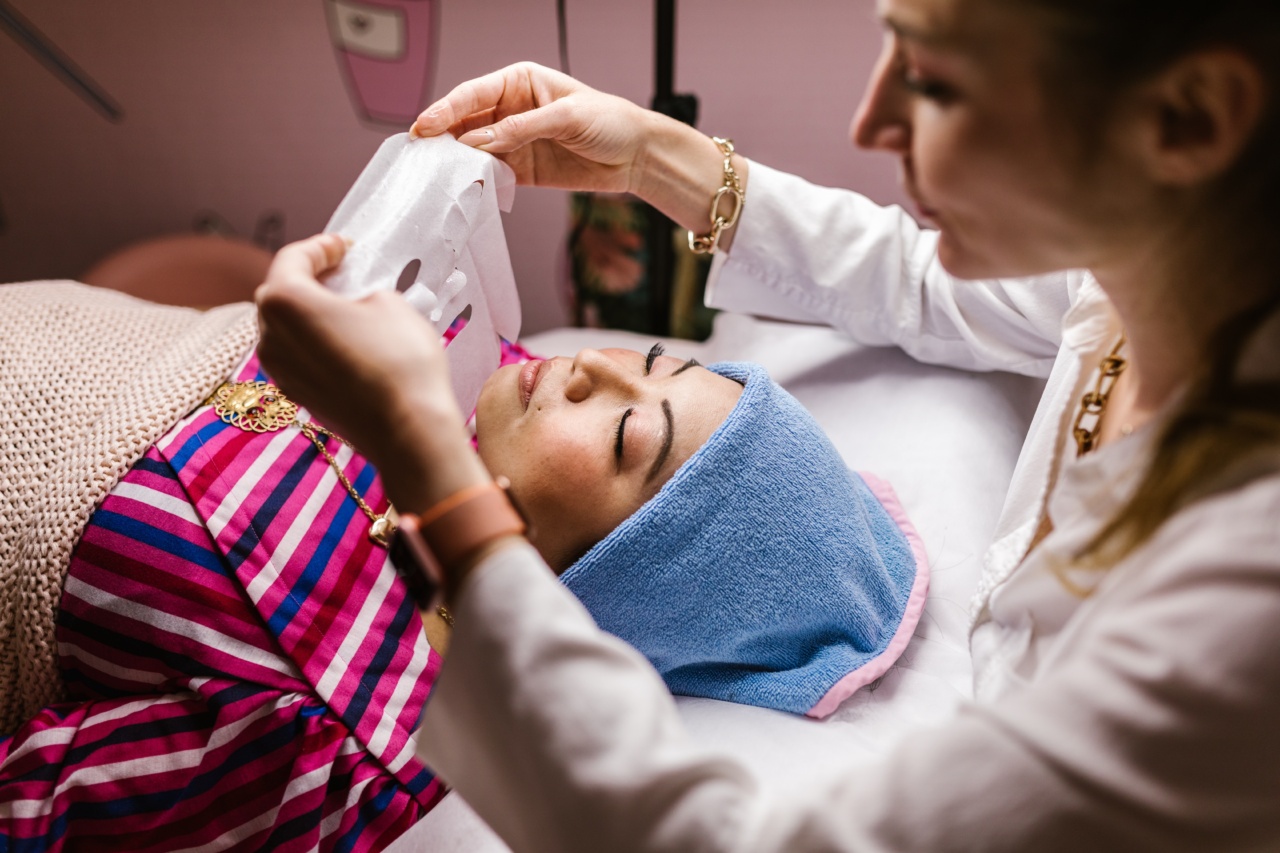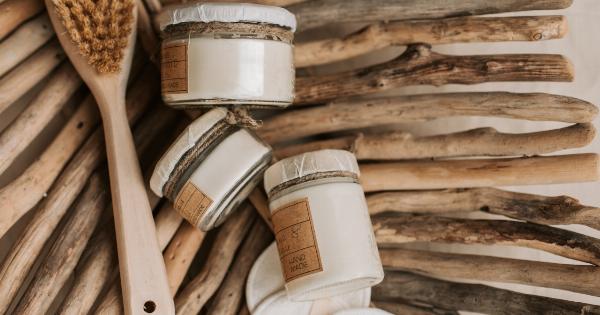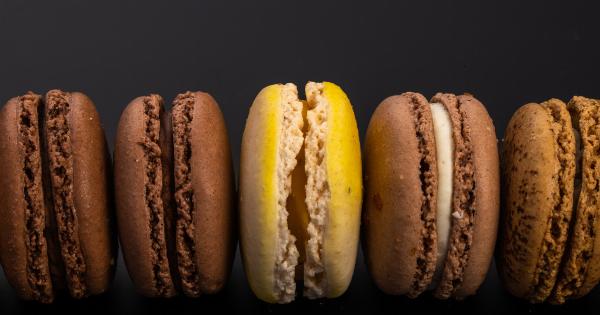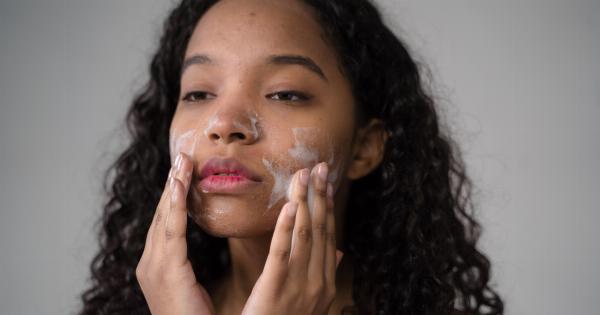Aging is a natural process that everyone will experience at some point in their lives.
Although it is impossible to stop the clock, there are ways to slow down the visible signs of aging, such as fine lines, wrinkles, and dark spots, with the help of anti-aging skincare products. One of the most potent ingredients in anti-aging skincare is retinol, which has been scientifically proven to reduce the appearance of aging skin.
In this article, we will discuss why retinol is vital in anti-aging skincare and how it can benefit your skin.
What is Retinol?
Retinol is a derivative of vitamin A, which is a powerful antioxidant. It is a type of retinoid that is used in skincare to treat and prevent a variety of skin concerns, such as acne, uneven skin tone, and signs of aging.
Retinol works by stimulating collagen production and increasing cell turnover, which helps to reduce the appearance of fine lines and wrinkles, and improve skin texture and firmness.
How Does Retinol Work in Anti-Aging Skincare?
Retinol works by increasing cell turnover, which means that it helps to shed the dead skin cells on the surface of the skin and promote the growth of new cells.
This process is essential for maintaining healthy, youthful skin, as it helps to remove dull, dry, and rough skin and promote a brighter, smoother complexion. Retinol also stimulates collagen production, which helps to improve skin elasticity and reduce the appearance of fine lines and wrinkles.
The increased collagen production also helps to strengthen the skin’s barrier function, which can help to prevent further damage from free radicals, UV radiation, and other environmental stressors that cause aging.
What Are the Benefits of Using Retinol in Anti-Aging Skincare?
Retinol offers a wide range of benefits for aging skin. Here are some of the key benefits of using retinol in anti-aging skincare:.
Reduces the appearance of fine lines and wrinkles
Retinol is highly effective in reducing the appearance of fine lines and wrinkles. By stimulating collagen production and increasing cell turnover, retinol helps to promote smoother, firmer, and more youthful-looking skin.
Studies have shown that retinol can help to improve the appearance of fine lines and wrinkles by up to 44%.
Improves skin texture and tone
Retinol can help to improve skin texture and tone by promoting cell turnover and increasing collagen production.
It helps to remove dead skin cells and promote the growth of new, healthy cells, which can improve the appearance of uneven skin tone, rough texture, and dull complexion. Retinol can help to improve skin texture and tone by up to 52%.
Reduces the appearance of dark spots
Retinol can help to reduce the appearance of dark spots by promoting cell turnover and exfoliation.
It helps to remove the pigmented cells on the surface of the skin and promote the growth of new, healthy cells, which can reduce the appearance of dark spots caused by sun damage, age, and hormonal changes. Retinol can help to reduce the appearance of dark spots by up to 32%.
Stimulates collagen production
Retinol stimulates collagen production, which is essential for maintaining healthy, youthful skin. Collagen is a protein that provides structure, support, and elasticity to the skin.
As we age, our collagen production naturally decreases, which can lead to fine lines, wrinkles, and sagging skin. Retinol can help to reverse these signs of aging by stimulating collagen production and improving skin elasticity and firmness.
Strengthens the skin’s barrier function
Retinol helps to strengthen the skin’s barrier function, which is important for protecting the skin from environmental stressors that can cause aging, such as UV radiation, pollution, and free radicals.
A strong skin barrier also helps to prevent moisture loss and maintain healthy, well-hydrated skin.
How to Use Retinol in Anti-Aging Skincare?
Retinol is a potent ingredient that can cause sensitivity and irritation if not used correctly. Here are some tips on how to use retinol in anti-aging skincare:.
Start with a low concentration
If you are new to retinol, start with a low concentration and gradually increase the strength over time. This will help to reduce the risk of sensitivity and irritation and allow your skin to adjust to the ingredient.
Use it at night
Retinol can make your skin sensitive to sunlight, so it is best to use it at night when you are not exposed to UV radiation. Apply it after cleansing and toning your skin and wait for a few minutes before applying other skincare products.
Use it sparingly
A little goes a long way with retinol. Use a small amount of product and spread it evenly over your face and neck. Avoid the eye area, as retinol can be too harsh for the thin, delicate skin around the eyes.
Moisturize afterwards
Retinol can be drying to the skin, so it is important to moisturize your skin afterwards to prevent dryness and flakiness. Use a moisturizer that is suitable for your skin type and provides adequate hydration.
Conclusion
Retinol is a vital ingredient in anti-aging skincare, thanks to its ability to stimulate collagen production, increase cell turnover, and improve skin texture and tone.
By incorporating a retinol product into your skincare routine, you can enjoy a smoother, firmer, and more youthful-looking complexion. However, it is important to use retinol correctly and gradually increase the strength over time to avoid sensitivity and irritation. If you have sensitive skin or are pregnant or nursing, consult with your doctor before using retinol.






























